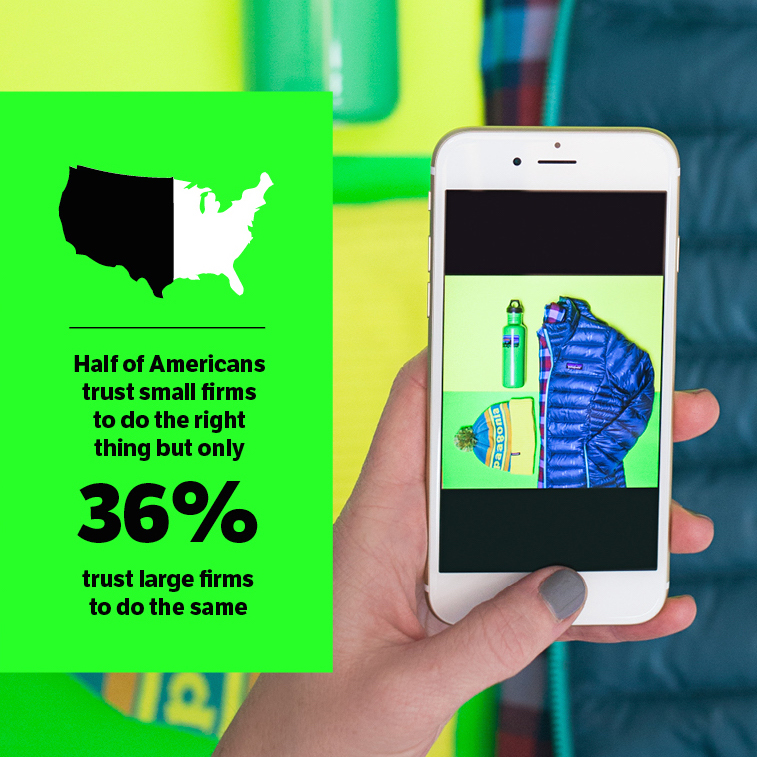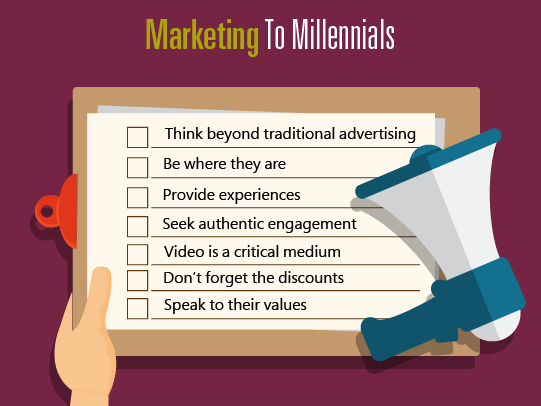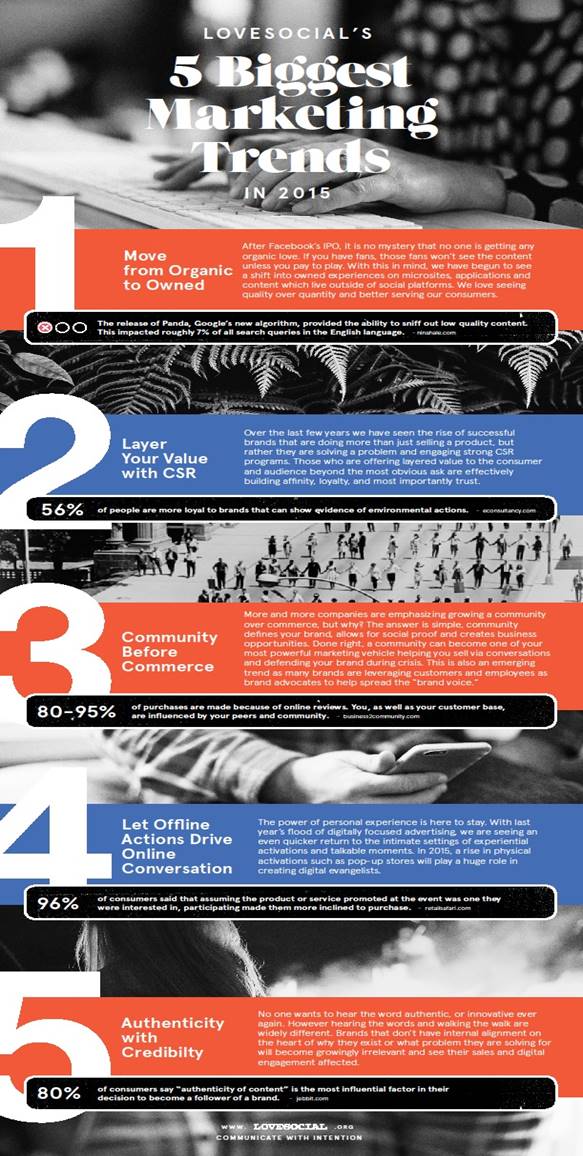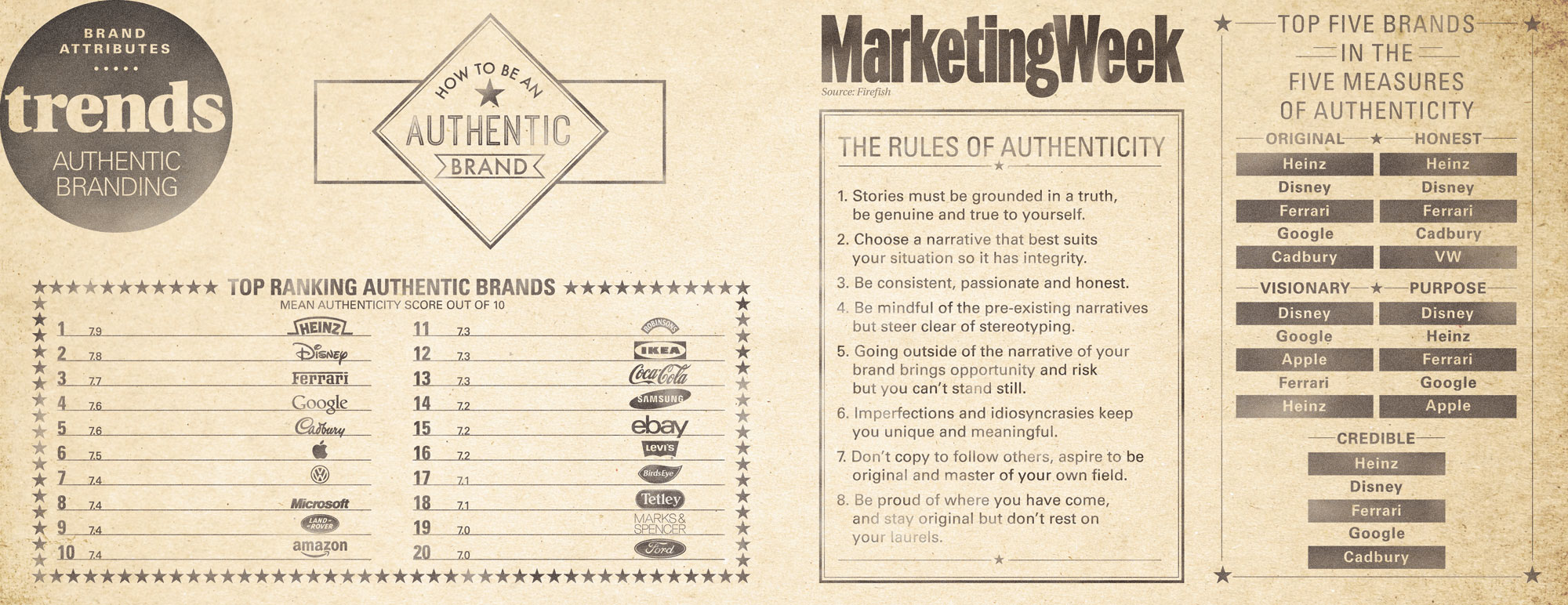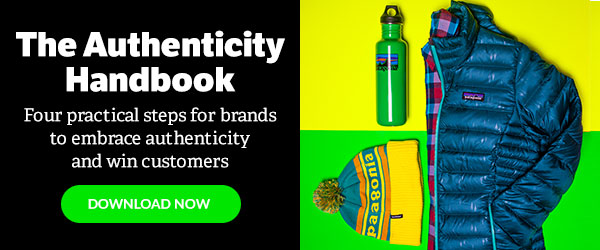“Image is everything,” declared Andre Agassi in a highly successful marketing campaign for Canon in the 1990s. At the time, the tennis icon was viewed as an iconoclastic rebel—an image the camera-maker leveraged for its own Rebel brand. But as we later learned from Agassi’s tell-all autobiography, the image didn’t really match reality.
Today’s always-on social and mobile savvy consumers are no longer willing to accept inconsistencies between the image a brand projects and the reality of what it represents. A recent study by the PR agency Cohn & Wolfe reveals that a great majority of customers around the world expects brands to be honest and authentic.
“Consumers rate brand authenticity very highly,” the firm reported in a summary of its findings. “It turns out that what consumers most want from brands is honest communication about products and services.”
According to the study, 89 percent of customers expect companies to act with integrity at all times—a factor rated more highly as a purchasing factor than even product quality and innovation.
For many companies, the question is no longer whether to be authentic. It has now become, “so how do we actually go about doing it?”
Here are five infographics that speak to the importance of brand authenticity—and that help reveal what companies need to do to build trust with customers.
-
The ROI of brand loyalty
According to the agency Bonfire Marketing, 91 percent of customers value honesty in the companies from which they buy products and services. So being transparent helps retain customers and improve ROI.
“Honesty resonates with global consumers, employees and investors,” says the infographic. “It builds loyalty and trust among a brand’s social communities, and it’s valuable for increasing profit margin.”
The infographic reveals that 63 percent of customers choose authentic brands over those that aren’t as transparent.
-
Millennials and authentic engagement
Mini-infographics on the CMO Digital Forum reveal a few missteps companies make when trying to engage millennial customers. Franklin Morris, senior writer at Rackspace, says that companies need to think beyond traditional advertising and seek authentic engagement.
“Millennials don’t want to feel like they’re talking to a social media department,” says Morris. Being more transparent with your products and taking a conversational voice in your content are much more effective when marketing to millennials.
-
Authenticity with credibility
Azita Ardakani, founder and CEO of agency Lovesocial, shares what she believes are the top trends marketers need to embrace. She includes authenticity on the list, but cautions that companies need to do more than pay lip service.
“Hearing the words and walking the walk are widely different,” Ardakani says. “Brands that don’t have internal alignment on the heart of why they exist or what problem they are solving for will become growingly irrelevant and see their sales and digital affected.”
-
The rules of authenticity
A recent study by the agency Firefish reveals which brands are perceived as authentic by different customer groups. The infographic, published in Marketing Week, also provides high-level strategies on what companies need to do to build trust with their customers.
As it turns out, knowing your customers is a critical step to building brand authenticity. “The meaning of your story will change depending on the culture of the times and the mindset of the audience you’re appealing to,” explains Bob Cook, director of innovation at Firefish.
-
Brand authenticity in action
At Vision Critical, we recently released an infographic that examines why customers love authentic brands. In it we explore real-world examples of brand authenticity from companies like Taco Bell, McDonald’s and Patagonia.
Final Thought
Embracing a more authentic approach to communicating with and engaging your customers is no longer optional. Today’s empowered customers are driven to purchase products and services from companies they perceive as authentic: the ones that earn their trust by reflecting their values, their personal aspirations, and their unique sense of self. In a new consumer landscape driven by authenticity, the advantage will go to companies that are best able to forge lasting emotional connections with their customers.
Read more:
